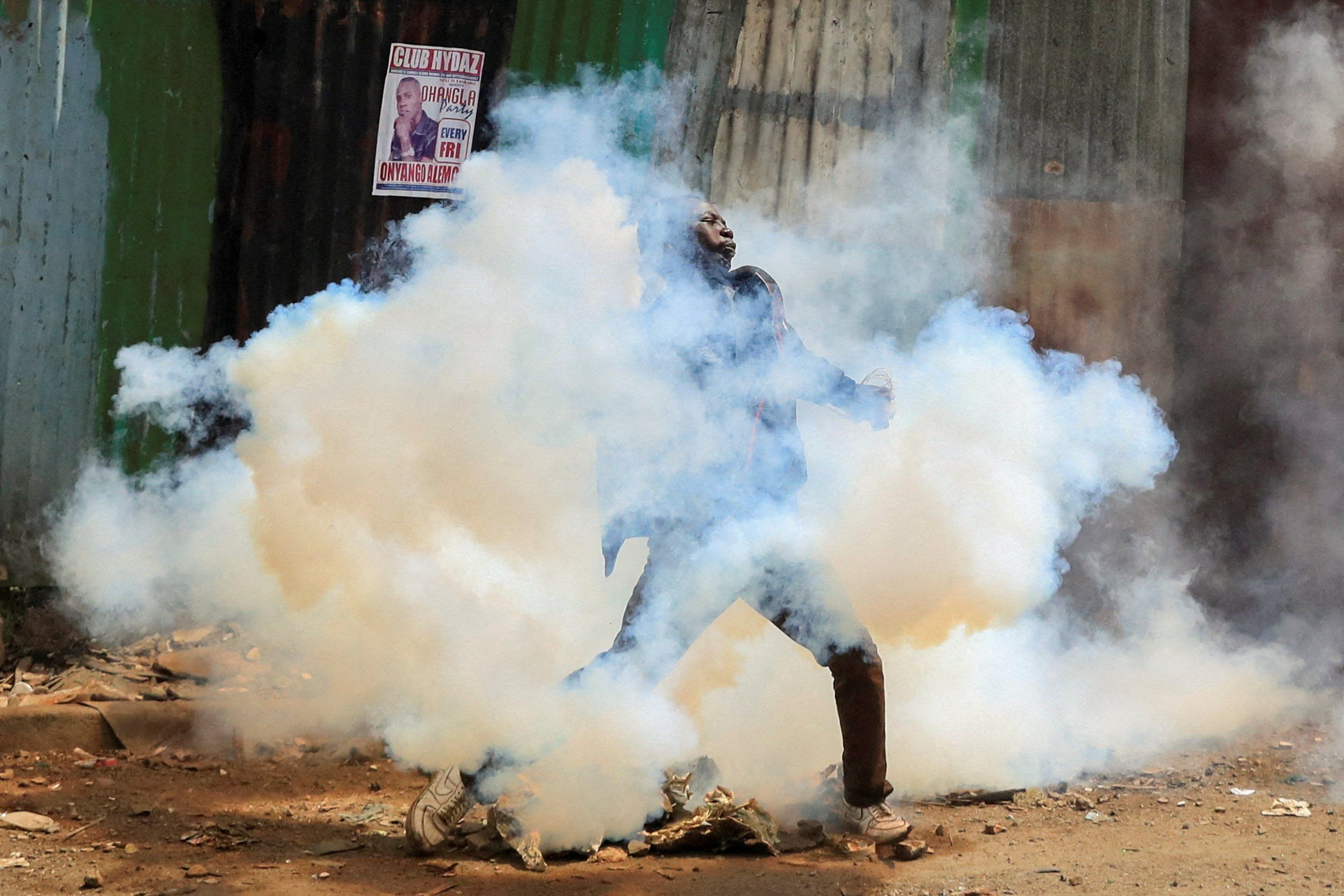6: In Kenya, ongoing protests over tax hikes and cost-of-living frustrations have turned deadly. The police have been ordered not to report deaths, but a watchdog group has confirmed that at least six protesters were shot and killed by authorities this week.
2: On Thursday, Britain’s Conservatives lost two parliamentary elections in Selby and Ainsty in northern England where PM Rishi Sunak’s party enjoys a majority. While a third by-election resulted in a win for the Tories in Uxbridge, many see the two losses as proof that Conservatives will face a tough battle at the next general election, likely to be held next year.
841: Sea otter 841 has reached national fame for stealing surfboards from surfers in Santa Cruz, Calif. 841, named after the number on her tag, has evaded attempts to capture her by luring her onto a surfboard and is still managing to steal and chew on surfboards.
2.13 million: China imported a record amount of Russian crude oil in the first half of 2023, importing 2.13 million barrels per day. The record-setting number reflects the growing trade relationship between China and Russia, one that could make China an influential mediator in the Russia-Ukraine war.
1.3: Sea surface temperatures are soaring in the Atlantic Ocean and the Mediterranean Sea, which scientists say is partially fueling the current heatwave in Europe. The temperature of the North Atlantic began rising above historical averages in March and climbed to
1.3° C higher than the 1982-2011 mean on July 13.
